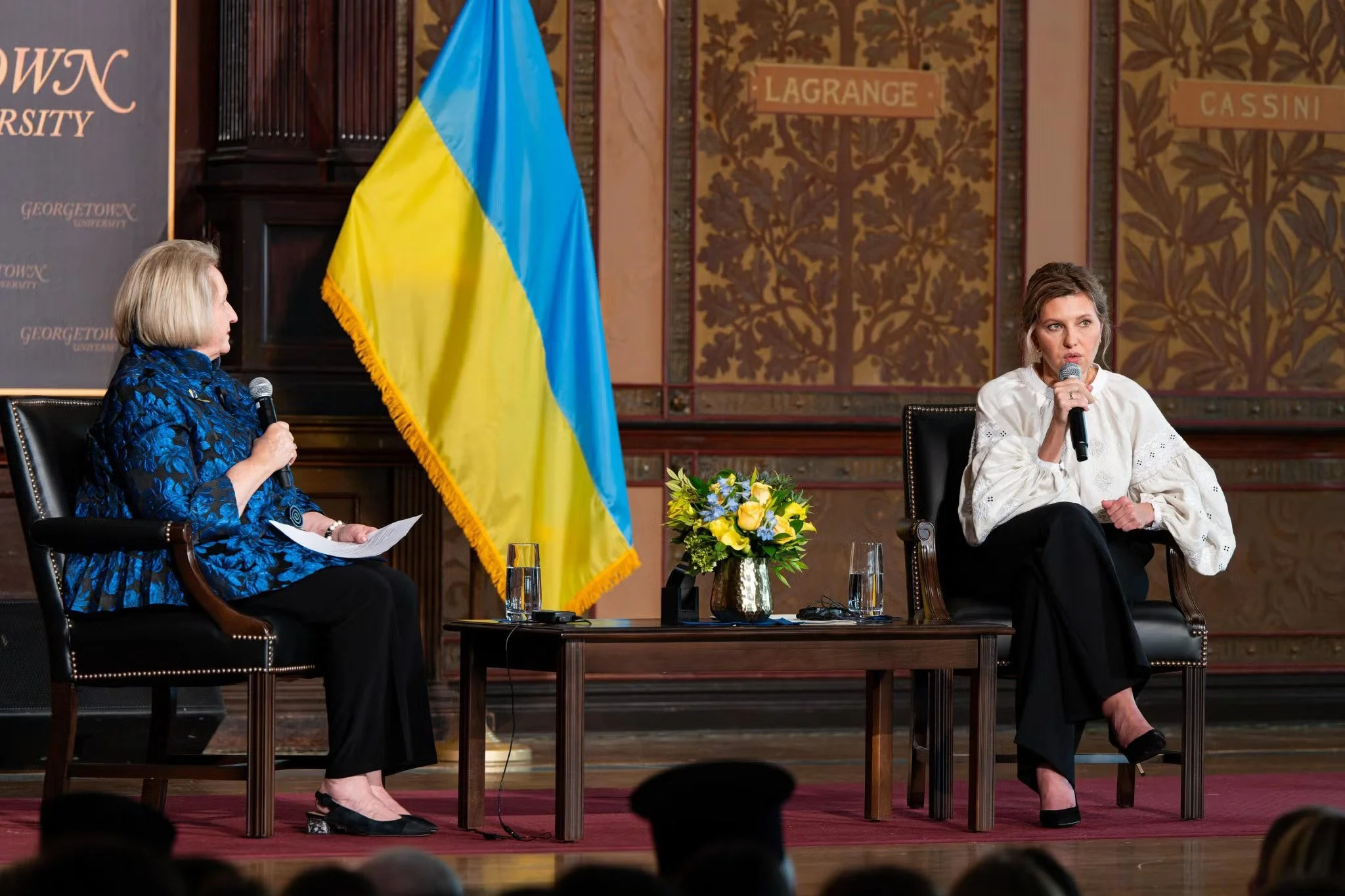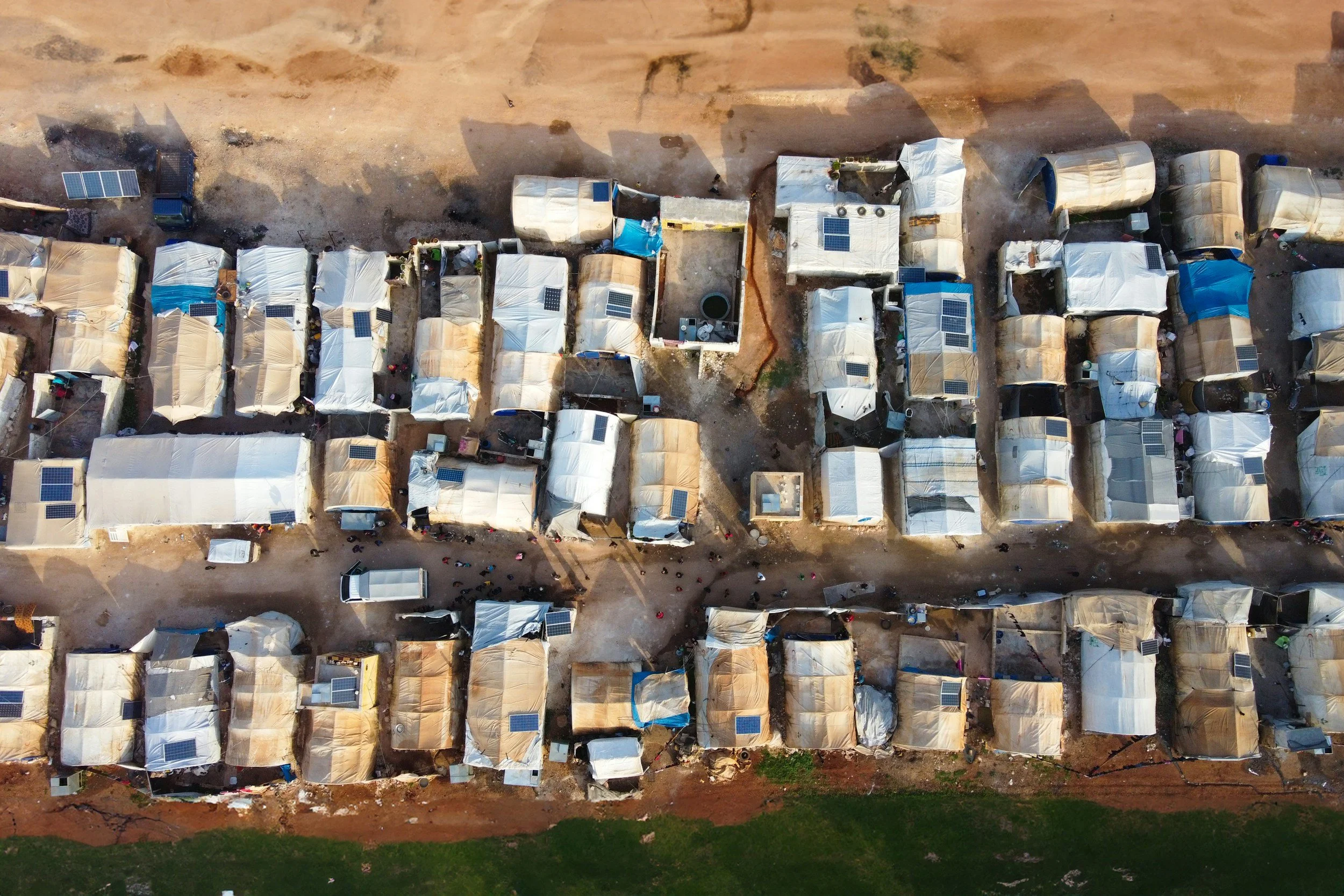Justice Delayed: Why Sexual Violence in Conflict Still Goes Unpunished
Wartime sexual violence is one of the most devastating crimes of our age. It shatters bodies, communities, and futures. International law has recognised it as a crime against humanity and war crime for decades. Yet, too often, justice is delayed or denied altogether. Why is this still happening? And what must change so that survivors know they will not be forgotten?
What the Law Says
Under the Rome Statute (1998), the International Criminal Court (ICC) recognises rape, sexual slavery, forced pregnancy, and other forms of sexual violence as war crimes and as crimes against humanity when committed as part of widespread or systematic attacks on civilian populations.
The UN Security Council's Resolution 1820 (2008) explicitly condemned sexual violence in conflict and declared that such acts can amount to war crimes, genocide, or crimes against humanity.
Jurisprudence from ad-hoc tribunals such as the ICTY (International Criminal Tribunal for the former Yugoslavia) and the ICTR (Rwanda) has confirmed sexual violence - even genocide-level rape - as prosecutable under international law.
So, international legal frameworks are clear. But in practice, prosecutions are painfully rare. Despite the clarity of law, the number of convictions for wartime rape remains shockingly low. Why is this the case?
Conviction Rates and the Reality of Impunity
Since the establishment of the International Criminal Tribunal for Rwanda (ICTR) and the International Criminal Tribunal for the former Yugoslavia (ICTY) in the 1990s, there have been fewer than 100 convictions globally for sexual violence as a war crime or crime against humanity.
This is a staggering figure when compared to the hundreds of thousands of estimated victims - from Bosnia and Rwanda to the Democratic Republic of Congo (DRC), Iraq, and now Ukraine. Even when prosecutions happen, they are often symbolic, celebrated as breakthroughs precisely because they are so rare.
Notable Convictions That Changed Legal History
Jean-Paul Akayesu (ICTR, 1998): The first person ever convicted of using rape as a tool of genocide — a landmark judgment that redefined international criminal law.
Bosnia’s Foca Case (ICTY, 2001): Three Bosnian Serb commanders convicted for the systematic rape and enslavement of Muslim women - establishing sexual enslavement as a crime against humanity.
Congolese Warlord Jean-Pierre Bemba (ICC, 2016): Initially convicted of war crimes and crimes against humanity, including rape, though the conviction was controversially overturned on appeal in 2018.
Sierra Leone Special Court (2009): Prosecuted commanders for sexual slavery and forced marriage, widening recognition of gender-based crimes.
Each of these moments represented progress, but also exposed how extraordinary convictions are in a world where impunity is the rule instead of being the exception.
Where Justice Has Failed Entirely
In Sudan, despite decades of documented sexual violence in Darfur and new reports from the current conflict, no senior officials have been held accountable for orchestrated mass rape campaigns.
In Myanmar, the UN found “reasonable grounds” that sexual violence was used as a weapon of genocide against the Rohingya. No prosecutions have followed.
In Ethiopia’s Tigray region, the UN and Amnesty International documented systematic rape, torture, and sexual enslavement. Not a single conviction has been secured.
In Ukraine, thousands of cases are under investigation, but to date, only a handful of soldiers have been tried, and even fewer sentenced.
Across conflict after conflict, the same pattern repeats: laws without enforcement, survivors without justice, and perpetrators without consequence.
Without accountability, survivors live with trauma, without the closure that justice can bring. The psychological, social, and health burdens are lifelong. Impunity erodes rule of law, undercuts deterrence, and allows perpetrators to continue unpunished. This can prolong conflicts or prevent peace from taking root. Societies that fail survivors send a message: sexual violence is tolerable. That corroded trust undermines peacebuilding and reconciliation.
What Must Shift: Paths Toward Real Justice
A. Strengthening Evidence Collection & Survivor Support
Deploy mobile forensic teams, evidence-collection training, and early reporting mechanisms during and immediately after conflict.
Ensure trauma-informed and survivor-led care, legal aid, and protection for survivors so they can safely report.
Invest in long-term support: psychosocial, medical, economic.
B. Reforming Domestic Laws and Court Systems
Countries must adopt and enforce laws that clearly define wartime rape and sexual violence as war crimes and crimes against humanity.
Train judges, prosecutors, and law enforcement in rights-based, gender-sensitive approaches.
Create specialised units or courts for sexual violence in conflict contexts.
C. International Cooperation & Accountability
Support strengthening the ICC and other tribunals, ensuring state cooperation with investigations and prosecutions.
Use universal jurisdiction where domestic avenues fail. Countries should prosecute when national perpetrators are abroad.
Apply and enforce command responsibility so that senior leaders are accountable.
D. Cultural Change & Survivor Voices
Elevate survivors’ voices in peace processes and policymaking. Recognise their agency, not solely their suffering.
Education programmes to reduce stigma; community dialogues so that violence is not normalised.
Media responsibility: accurate, respectful reporting rather than sensationalism.
Conclusion: Justice Can’t Wait
Justice delayed is justice denied. For survivors of wartime rape, delay often means silence, invisibility, and unhealed wounds. International law provides the framework. Scholars, activists, and survivors have shown us both the problem and how to confront it. What remains is political will.
As a society, as states, and as individuals who care about human dignity, we must commit to doing more: to pushing for courts that work, evidence that survives, survivors who are heard, and leaders held responsible.
This is not optional. It is a moral imperative. Because where sexual violence goes unpunished, we all lose - our shared humanity, our moral integrity, and our hope for a just, lasting peace.





